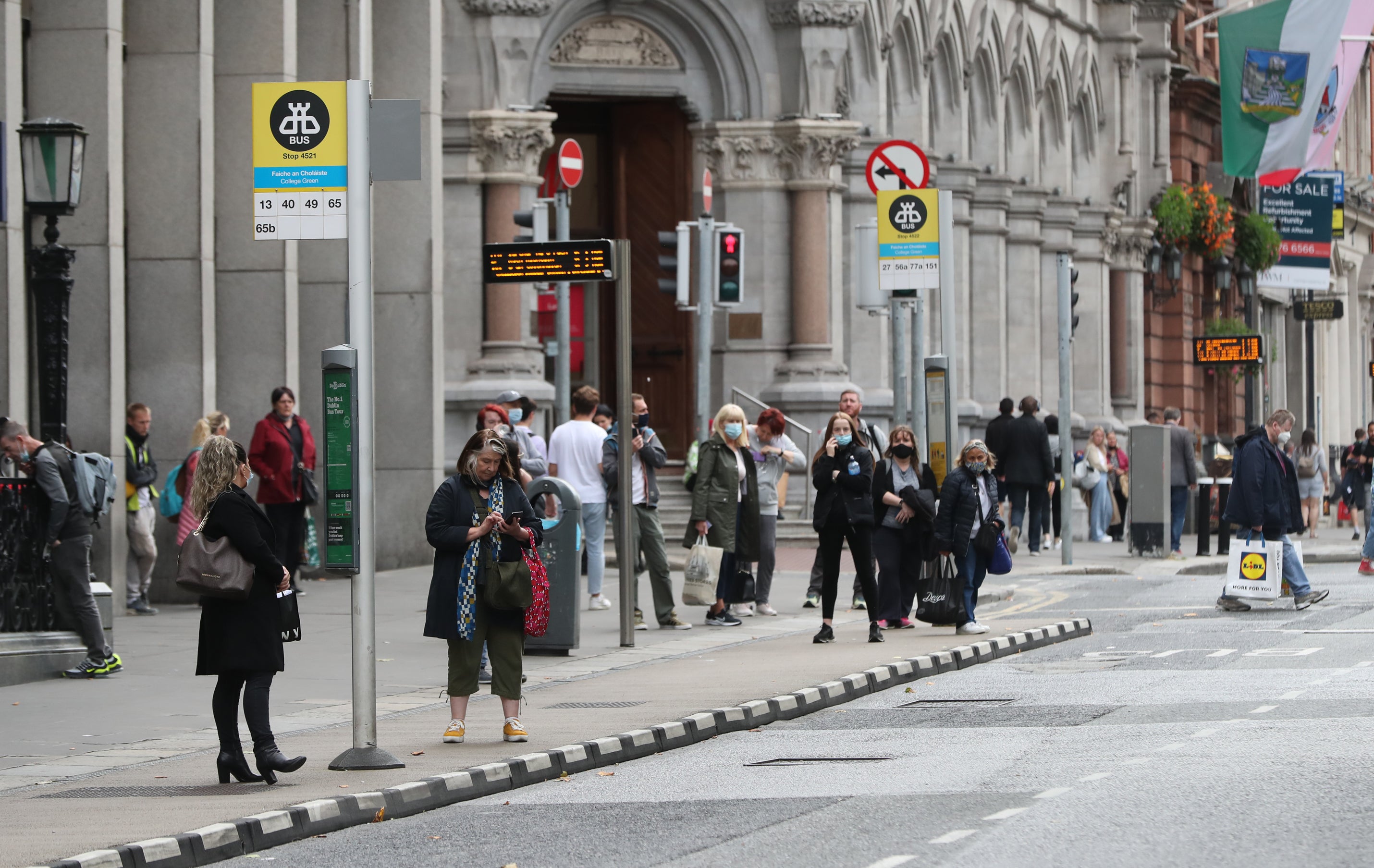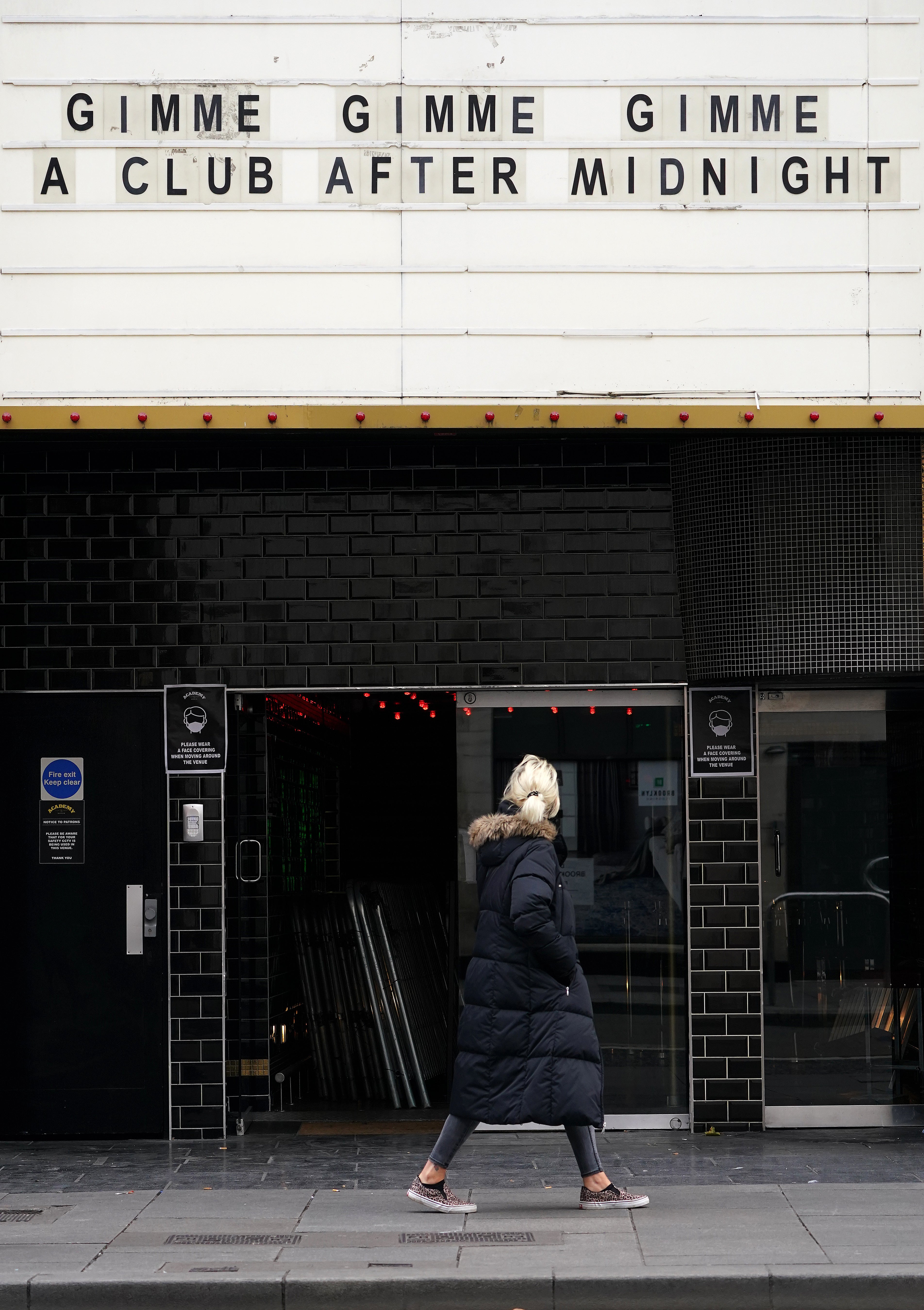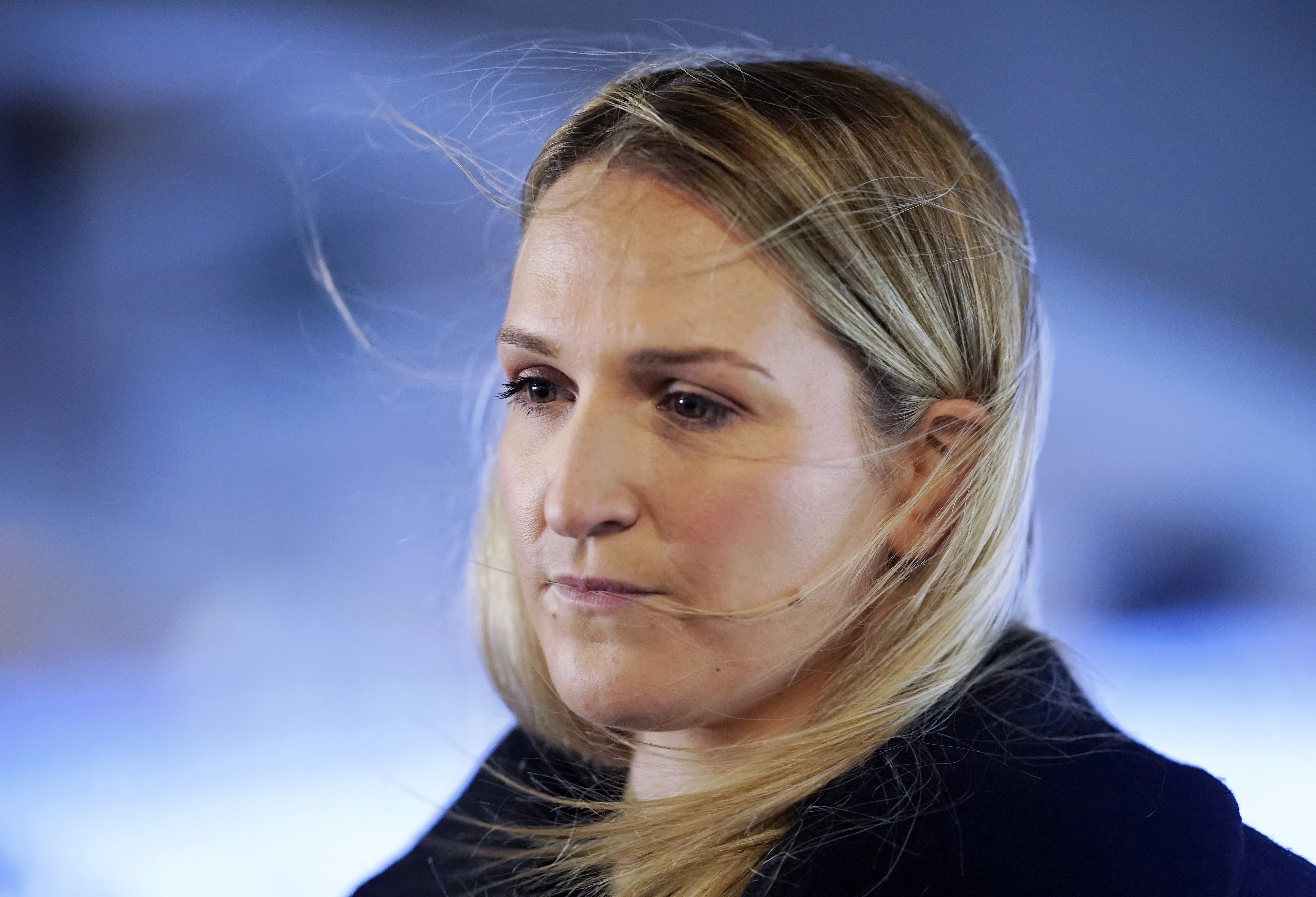Covid cases in Ireland ‘could surge to 15,000 a day’ if Omicron variant becomes dominant
Irish National Public Health Emergency Team said that the new variant could drive up cases.

Your support helps us to tell the story
From reproductive rights to climate change to Big Tech, The Independent is on the ground when the story is developing. Whether it's investigating the financials of Elon Musk's pro-Trump PAC or producing our latest documentary, 'The A Word', which shines a light on the American women fighting for reproductive rights, we know how important it is to parse out the facts from the messaging.
At such a critical moment in US history, we need reporters on the ground. Your donation allows us to keep sending journalists to speak to both sides of the story.
The Independent is trusted by Americans across the entire political spectrum. And unlike many other quality news outlets, we choose not to lock Americans out of our reporting and analysis with paywalls. We believe quality journalism should be available to everyone, paid for by those who can afford it.
Your support makes all the difference.The number of Covid-19 cases in Ireland could surge to 15,000 a day after Christmas if the Omicron variant becomes dominant, health experts have warned.
The National Public Health Emergency Team (Nphet) said that the new variant could drive up cases during increased social activity over the Christmas period.
In a letter to Government Nphet said that higher levels of socialisation combined with the impact of Omicron could pose a “very real but as yet unquantifiable risk” to the management of Covid-19 over the coming weeks.
Health officials warned Government that this presents “serious challenges” in the weeks ahead, adding that it is “impossible” to quantify the level of risk and its impact.
Chief medical officer Dr Tony Holohan has urged the Government to close all nightclubs, and bring in restrictions that were in place during the summer.
This includes returning to table service only in hospitality, a maximum of six people allowed per table, no multiple table bookings and no mingling between tables.
Dr Holohan has also advised government to limit indoor capacity to 50% for all cultural, entertainment and sporting events.
They have also urged government to bring in the Covid pass for gyms and hotels.
Other measures include limiting private gatherings to three households.
Dr Holohan said that if social contact can be maintained at current levels or marginally decreased, the level of infections per day will remain below 5,000.
However, if social contact increases to levels seen in December last year, cases could surge to between 6,000 and 8,000 cases per day in early January.
If infection-induced immunity is low or evaded by the new variant, a “very large surge is possible”, peaking at 8,000 to 15,000 cases per day, Nphet added.
In a pessimistic but “plausible scenario”, Nphet said that between 750 to 1,300 people could need hospital care and up to 400 people would require critical care.
Government has been warned that if Omicron becomes dominant over the coming weeks and has moderate reductions in vaccine effectiveness, the risk of a surge in cases is “high to very high”.

Cabinet is assessing the advice and whether to bring in new Covid-19 restrictions ahead of Christmas.
Concern has been expressed in recent days that despite cases of Covid-19 stabilising, numbers remain too high.
The Cabinet meeting comes following a meeting of the Covid-19 sub-committee on Friday.
Taoiseach Micheal Martin and Minister for Public Expenditure Michael McGrath met representatives from the hospitality industry on Friday.
PA news agency understands that representatives urged the Government to provide the necessary supports to struggling sectors and asked for a long-time plan amid ongoing uncertainty about the next stages of the pandemic.
Earlier, it emerged the introduction of new testing rules for arrivals into Ireland, introduced in response to the Omicron variant, have been delayed by 48 hours.
PA understands that industry figures were informed on Thursday that the rules will now come into effect at midnight on Sunday.
Earlier this week, the Government agreed new rules on travel that would see all travellers entering Ireland required to show a negative result on a professionally-administered antigen test 48 hours before arrival, or on a PCR test 72 hours before arrival.
The changes to the rules, which also apply to travellers from Great Britain, come as the Omicron variant continues to cause concern worldwide.
Ireland has so far confirmed one case of the new variant.

Justice Minister Helen McEntee said that the new testing regime, due to begin on Friday, had been postponed.
Ms McEntee also said she expects Cabinet to make a decision later on whether restrictions will be brought in.
“I have only just received the letter, so without commenting about what is in it, we’re going to discuss that now with Nphet and others and then we’ll obviously have a Cabinet meeting at 3pm,” the minister added.
“I don’t want to pre-empt the outcome of those discussions.
“I think what that indicates is that we as a government want to move as quickly as possible in response to any recommendations that Nphet may have made.
“We don’t want there to be speculation over the weekend and that in itself can cause confusion and worry for people.
“We want to be able to respond to Nphet as quickly as possible, but obviously have the time to take on board any recommendations that we make.
“I anticipate Cabinet will make a decision today.”
She said that Ireland is a “very different place” to last year, but that the case numbers are still at a concerning level.
“Nobody was vaccinated this time last year.
“Over 93% of our population has two shots and over 900,000 people now have a third booster,” she added.
“We’ve almost 10,000 people a week getting their first vaccine as well.
“So that is going to change things significantly.
“At the same time, even with all that work, numbers are still high.
“They are not coming down as quickly as we would like and that’s why the recommendations I think have been made.
“But I think people can be reassured that as we roll out the booster programme, as people continue to be vaccinated, that is going to have a huge impact on what we can and can’t do over the next couple of weeks and months.”
This article was amended on 6 December 2021 to add references to Ireland, which were previously absent.